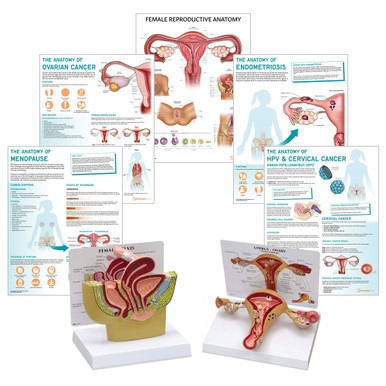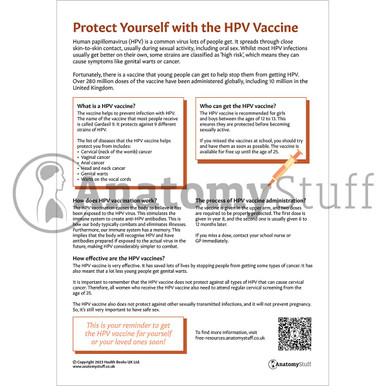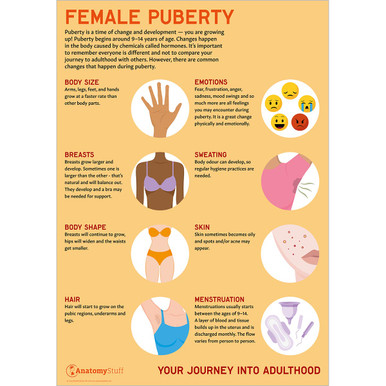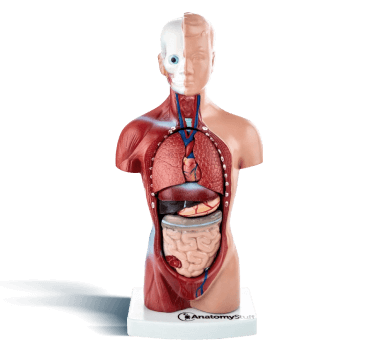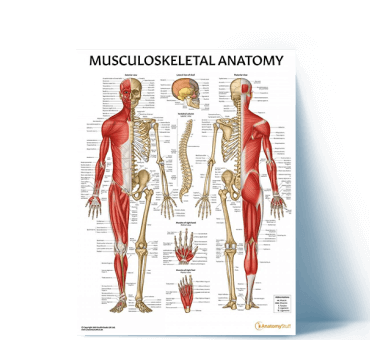Starting Your Periods – What to Expect and How to Manage
It is natural to be concerned or have questions about your first period. Since everyone’s body is unique, everyone’s periods begin at various times.
Let’s talk about periods more openly and ask questions or express concerns. That way, our conversations can make period talk as common as any other health issue we natter about!
What is a period?
Changes in the body’s hormone levels result in menstruation (your period happening). Hormones function as chemical messengers, wherein oestrogen and progesterone are feminine hormones secreted by the ovaries. These hormones induce the uterine lining (or womb) to thicken in preparation for a fertilised egg to adhere to and begin its development. Without a fertilised egg, the lining degrades and bleeds. The same procedure is repeated every month by our bodies if the egg is not fertilised.
In terms of PMS (premenstrual syndrome), you may have mental and physical symptoms before or during menstruation. These symptoms include irritability, sadness, anxiety, bloating, and acne. After a few days of a period, the symptoms subside.
When will my first menstruation begin?
Most girls get their first period between 12 and 15, although others get it sooner or later. If you still did not get your period by age 16, it’s a good idea to see a doctor to ensure everything is alright.
Some have premenstrual symptoms such as bloating, acne, aching breasts, and fluctuating emotions. Many girls get abdominal, lower back, or leg cramps before their period. These are known as PMS symptoms. Not everyone exhibits indicators that their menstruation is about to begin. And sometimes, the indications vary from month to month. Typically, predicting when your period will arrive as you age becomes simpler.
Your first period may last only a short time since it might take your body several months to establish a regular cycle. On average, you will get your period every 23 to 35 days, lasting between 2 and 7 days.
For the first few years of menstruation, you might have irregular periods. Two to three years following your first period, it should occur every four to five weeks.
How should I prepare for my first period?
Begin by mentally preparing and understanding that it is natural for your body to go through this. You can discuss questions about your changing body with your loved ones or trusted people, like a teacher, school nurse or an older female sibling – someone you trust and feel comfortable talking to.
Having a tampon, period underwear, or pad in your backpack can allow you to be prepared for your period whenever it arrives. If you start your period without a tampon or pad, you could ask a parent, friend, teacher, or school nurse. Some bathrooms contain vending machines where tampons and pads may be purchased.
If your period has just begun, tampons, menstrual cups, disposable or reusable pads (towels), and period underwear are safe and appropriate. You might feel more comfortable using pads for your first period since tampons, and menstrual cups can be challenging to adjust. It may be worthwhile to experiment until you discover the product that best fits you.
For more information take a look at our Ultimate Guide to Starting Your Period.
PDF Downloads
View All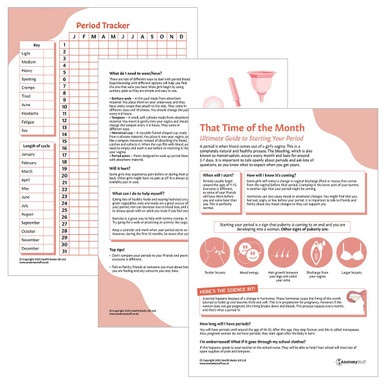
What can I do if I am experiencing menstrual cramps?
Menstrual cramps may be painful, yet they occur for a cause. During menstruation, the (womb) uterus contracts, meaning that it squeezes or cramps. This causes the uterine lining (womb lining) to separate from the uterine walls and leave the body. When your uterus contracts, it aids the flow of period blood out of your vagina.
During the first few days of their period, cramps affect most girls.
There are some measures you can take to alleviate your pain.
• You can treat cramps with over-the-counter pain relievers. Always follow the directions on the medication. Consult your doctor before using pain relief if you are allergic to anything or suffer from severe asthma.
• Exercise (especially aerobic exercises and yoga).
• Apply a heating pad to your abdomen or lower back.
• Taking a hot bath.
• Getting sufficient rest each night helps reduce stress, mood swings, and feelings of sleepiness or weariness.
• Consume nutritious foods such as fruits, vegetables, whole grains, and yoghurt.
• Limit your intake of fat, sodium, sugar, and coffee (if you drink coffee), and if you do drink alcohol, which is not safe underage, then stop or seek help to stop.
Having your first period may be daunting and confusing. Remember, it is a natural progression for your body, and these management tips can help you immensely!
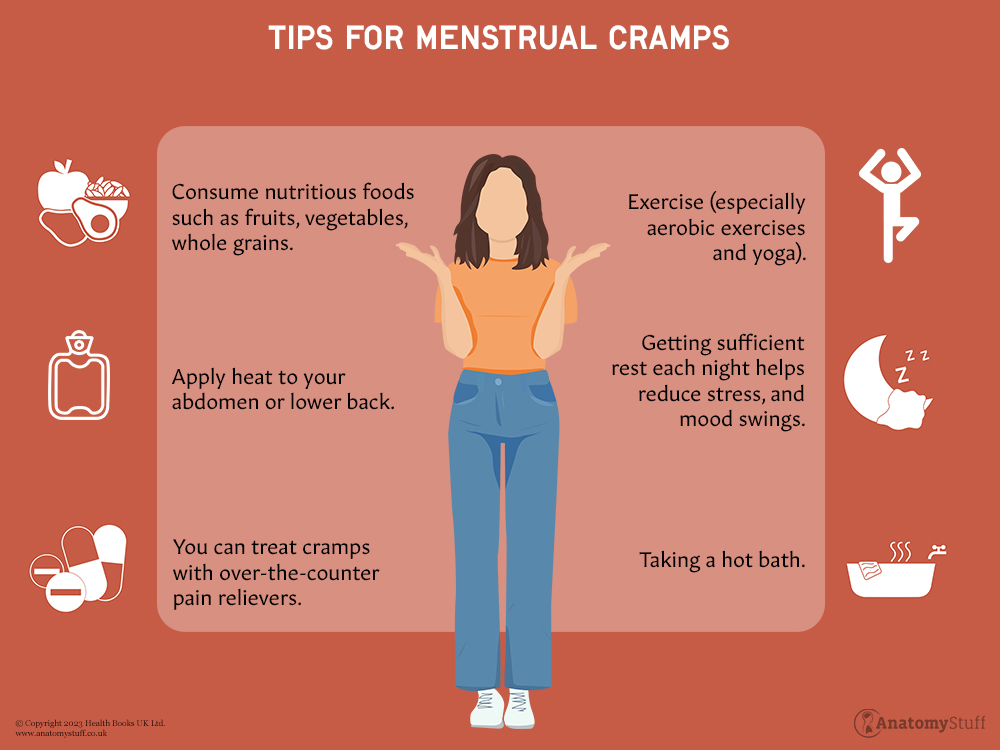
Related products
View All